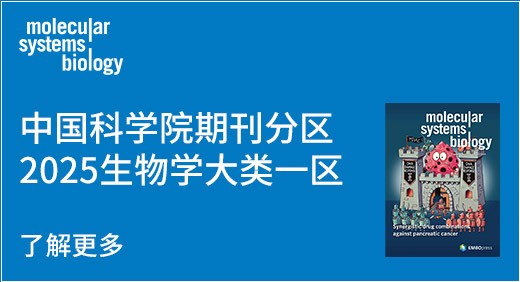当前位置:
X-MOL 学术
›
Chem. Sci.
›
论文详情
Our official English website, www.x-mol.net, welcomes your
feedback! (Note: you will need to create a separate account there.)
Silica-supported, narrowly distributed, subnanometric Pt–Zn particles from single sites with high propane dehydrogenation performance†
Chemical Science ( IF 9.969 ) Pub Date : 2023-02-15 , DOI: 10.1039/c9sc05599a Lukas Rochlitz, Keith Searles, Jan Alfke, Dmitry Zemlyanov, Olga V. Safonova, Christophe Copéret
Chemical Science ( IF 9.969 ) Pub Date : 2023-02-15 , DOI: 10.1039/c9sc05599a Lukas Rochlitz, Keith Searles, Jan Alfke, Dmitry Zemlyanov, Olga V. Safonova, Christophe Copéret

|
The development of highly productive, selective and stable propane dehydrogenation catalysts for propene production is strategic due to the increasing need for propene and the availability of shale gas, an abundant source of light alkanes. In that context, the combination of surface organometallic chemistry (SOMC) and a thermolytic molecular precursor (TMP) approach is used to prepare bimetallic subnanometric and narrowly distributed Pt–Zn alloyed particles supported on silica via grafting of a Pt precursor on surface OH groups present in a Zn single-site containing material followed by a H2 reduction treatment. This material, that exhibits a Zn to Pt molar ratio of 3 : 2 in the form of alloyed Pt–Zn particles with a 0.2 to 0.4 fraction of the overall Zn amount remaining as ZnII sites on the silica surface, catalyzes propane dehydrogenation (PDH) with high productivity (703 gC3H6 gPt−1 h−1 to 375 gC3H6 gPt−1 h−1) and very low deactivation rates (kd = 0.027 h−1) over 30 h at high WHSV (75 h−1). This study demonstrates how SOMC can provide access to highly efficient and tailored catalysts through the stepwise introduction of specific elements via grafting to generate small, homogeneously and narrowly distributed supported alloyed nanoparticles at controlled interfaces.
更新日期:2020-01-04














 京公网安备 11010802027423号
京公网安备 11010802027423号